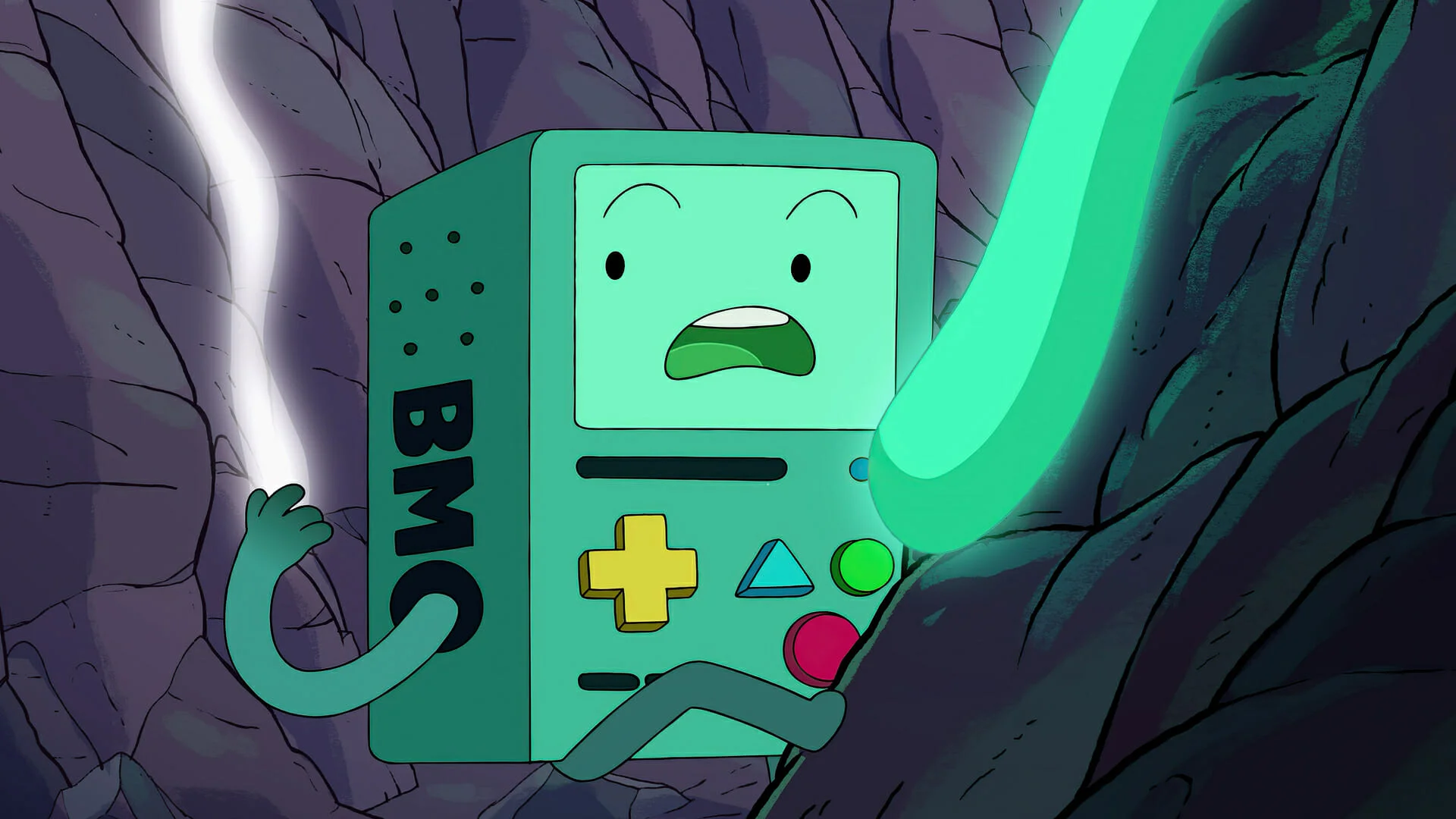
Wild at Heart | A love full of sound in a world full of fury
Year
Runtime
Director
Main Cast
Writer
Cinematographer
Production Designer
Music by
Country
Format
Wild at Heart is one of David Lynch‘s most lively works, but also one of the hardest to grasp. An adaptation of Barry Gifford‘s eponymous novel, the movie was released to a moderate reception even as Lynch’s TV show Twin Peaks was conquering audiences around the world. Prior to this, because of its exaggerated and uneven nature, it was awarded a criticized Palme d’Or at the 43rd Cannes Film Festival by the enthusiastic President of the Jury Bernardo Bertolucci. Still, Wild at Heart provides (for those who welcome it) a cinematic journey that has not lost an ounce of its expressive force with the passing of time.
Sailor (Nicolas Cage) and Lula (Laura Dern) are terribly in love. Lula’s overbearing and criminal mother Marietta (Diane Ladd) wants Sailor dead. When the two sweethearts take the chance and drive off to California, Marietta unleashes her gangster lovers to stop them, starting off a violent, grotesque chase through the southern United States.
“This whole world is wild at heart and weird on top!”
With Wild at Heart, Lynch pushed the envelope in terms of his customary stylishness and surrealism. But even though the movie foreshadows the experimental approach of the director’s later works, the attitude here is primarily playful.
In the same vein as Twin Peaks, the movie owes part of its weirdness to all the humourous homages it pays to American popular culture. The pastiche becomes apparent when looking at the characters. Sailor and Lula re-enact Elvis Presley and Marylin Monroe, while Marietta serves as a parodic deconstruction of Hollywood’s femme fatales. The performers’ over-the-top acting makes it all more overt, with Cage even singing Presley’s hit Love Me in a bizarre musical interlude. But that’s not all.
As the plot alternates between Eros and Thanatos, the soundtrack shifts seamlessly from the most disparate kinds of music: soft rock, thrash metal, bebop, Richard Strauss, and, of course, the “King of Rock and Roll”. The swinging in tone, mood, and rhythm is continuous. Through its contradictions, the movie aims to overturn and break the boundaries between all genres.
With its constant patch-working, and its distaste for human well-being on screen, Wild at Heart has dressed up American independent cinema for an ultra-violent breakthrough: Quentin Tarantino.
“This world is only gonna break your heart…”
Wild at Heart is a movie full of sound and fury, with near-numbing effects. And since it remains, at heart, a thriller, its “cartoon-like ferocity” (as critic Derek Malcolm called it) does not confine itself to style and experimentation. Rather, it expresses its full potential in the hyperbolic depiction of violence, both abhorrent and grotesque.
From bare-hands manslaughters to J. G. Ballard-like car crashes, violence explodes all throughout the movie. Its appearances are short-lived, few and far between, but shocking nonetheless. Death can break into the love getaway at any moment. And as a consequence, the world takes on a nightmarish look in its surreal cruelty.
The one way the protagonists find to swerve around all of this is escapism. The heroine, in particular, tries to transfigure reality into the manageable fantasy of The Wizard of Oz, to the point where some of the movie’s characters retrace those of the book. But among the resulting parade of Felliniesque caricatures, the witchy, villainous mother will always stand out. The plot soon takes on a psychoanalytical dimension, setting itself up as a portrayal of an Electra complex. The showdown is inevitable: will love help to come of age?
Living off the world, loving on the road
From the opening credits, kickstarted by the lighting of a match, fire acts as a visual leitmotif for the entire movie. Fire alludes to the hell of a world the lovers crave to run away from. But more importantly, it is employed for the commonplace image of love as a burning passion. The clarity of the trope has a purpose: to give the viewer something to hold onto in this postmodern odyssey.
Wild at Heart is a road movie that leads to nowhere. In the interview book Lynch on Lynch, the director explained the recurrence of the road as a metaphor in his works by claiming that roads, like movies, provide a fascinating journey into the unknown. In this case, for once, the journey is not made alone.
Amid all the wildness and weirdness, the movie manages to shed a little optimism. Wild at Heart overturns the on-the-road genre to stay true to its core: it is the journey that matters, not the destination, because of whom you’re taking it with.
Tag
Buy a ☕ for Hypercritic







